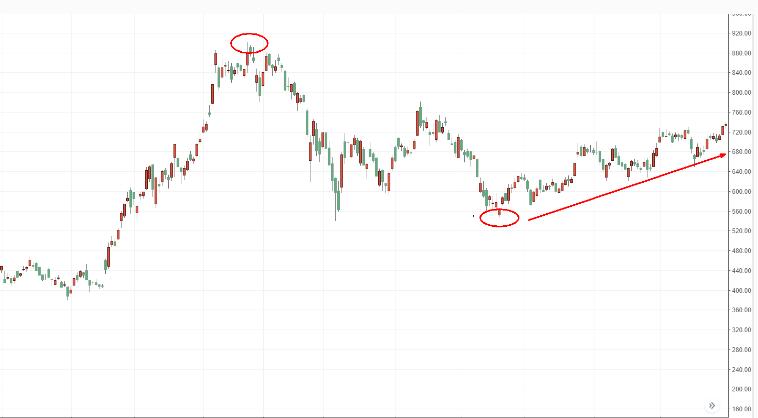A Comprehensive Guide to Direct Company Investments
Discover how to invest directly in companies through plans like DSP, DRIP, and ESPP. Learn about benefits, processes, and considerations for minimizing costs and increasing ownership. This guide offers valuable insights for investors seeking alternative investment methods beyond traditional brokerage accounts.

A Comprehensive Guide to Direct Company Investments
While most investors purchase stocks through online brokers, some opt to buy shares directly from the issuing company to reduce costs and avoid middlemen. This method is known as a direct investment plan. Investors may choose this route for reasons like owning physical stock certificates, lower fees, or personal preferences.
There are several ways to invest directly: through a direct stock purchase plan, a dividend reinvestment plan, or an employee stock purchase plan.
Direct Stock Purchase Plan (DSP)
A DSP allows investors to buy shares directly from the company. Only a few firms offer such programs, often requiring the investor to be an employee or a former shareholder. Unlike broker-based transactions, DSPs usually have minimal or no commission fees, making them affordable options for acquiring small quantities of stock.
When selling, companies may buy back shares at a low fee, typically between $10 and $30 per share.
Dividend Reinvestment Plan (DRIP)
This plan enables investors to reinvest dividends earned in additional shares automatically. Instead of cash payments, dividends are used to purchase more stock, boosting investment growth via compounding. It's a cost-effective way to increase holdings, often without additional commissions. Companies may require agreements detailing reinvestment rules, such as limits on the number of shares.
Employee Stock Purchase Plan (ESPP)
Designed for employees of publicly traded companies, ESPPs allow participants to buy company shares at a discounted rate, typically around 85% of market value. Investments are made through payroll deductions during specified offering periods. ESPPs are tax-efficient investment options, with some employees transferring purchased shares into retirement accounts. However, holding too much company stock can be risky.
Despite the rise of online brokerage services, many investors still prefer direct investments for better control and lower costs.









